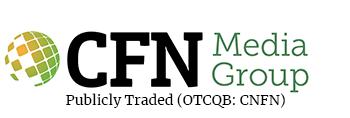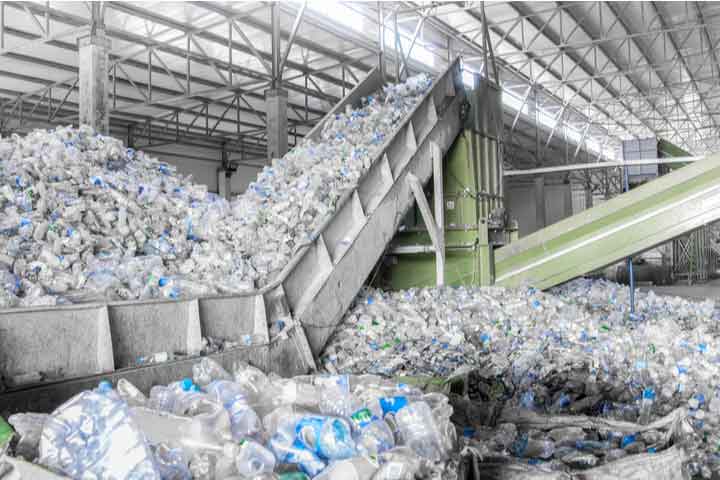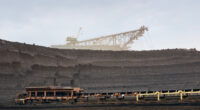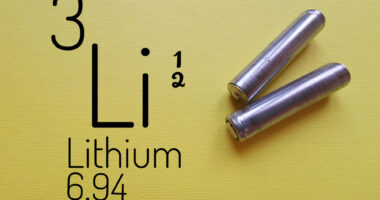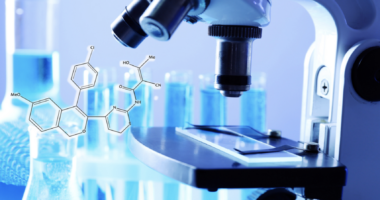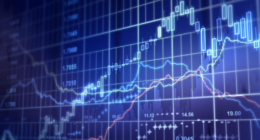The world is making more and more plastic items every day, and despite the penetration of the ‘Reduce, Reuse, Recycle’ mantra into the public consciousness, very little of it gets recycled. About 380 million metric tons of plastic is manufactured each year, which works out to roughly the equivalent of the entire weight of humanity. Only about 9% of that massive production gets recycled, leaving 346 million metric tons of plastic to take up semi permanent space in landfills, in ditches, in streams, in the oceans.
Why aren’t we recycling more? The answer is a mixed bag. There has been a steep increase in the kinds of plastic being made, and many of them don’t lend themselves to recycling via current means. Plastic is sorted, cleaned of contaminants, and then either melted or shredded into tiny plastic bits before getting molded into recycled plastic feedstock. Whether due to the structure of the plastic, or the difficulty in removing contaminants such as labels and food residue, or the inferior quality of the resulting recycled polymers, as much as 80% of plastic currently produced is considered essentially unrecyclable.
Economies of scale also are at play. Recycling plants generally need to be large and processing vast amounts of plastic for them to make economic sense. There are many areas of the world where the numbers just don’t work out due to lower population densities. And while there has been a lot of lip service paid in the consumer products industry toward more responsible forms of packaging, the reality is actually more and more and more of the same.
We may be turning the corner on this problem, however. The combination of an influx of large investments into the plastic recycling space mixed with new technologies capable of greatly improving recycling efficiency may be pointing the way to a more sustainable future featuring a true circular economy for plastic production.
Capital Flowing Into the Recycling Sector
Canadian multinational investing giant Brookfield Asset Management has recently committed $700 million to a newly formed entity comprising five existing US-based recycling companies under management by Closed Loop Partners. Brookfield is one of the world’s largest alternative investment management companies, with over US$725 billion of assets under management, and the firm is committing major resources to the general goal of creating a net-zero emissions economy. The new company, called Circular Services, will be the largest closely held recycling operation in the United States. One of the growth strategies is to expand services to less populated areas with smaller, modular facilities. There is hope down this road, investing in the expansion of recycling infrastructure to potentially increase the rate of recycling, but the underlying technical issues inherent in plastic recycling in particular still remain.
Aduro Clean Technologies Inc. (CSE: ACT) (OTCQB: ACTHF) (FSE: 9D50) is taking a different approach. The company has developed a patented solution, called Hydrochemolytic™ (HCT) technology, that utilizes a water-based chemical process to break down plastics, regardless of type. The technology is easily scalable to meet any community size requirements, is proving capable of handling contaminants very well, costs far less both to build and operate than current recycling facilities, and reduces emissions throughout the process. Aduro has just completed a pre-commercial pilot and customer engagement facility, with a commitment to build a commercial-scale pilot project in the near future. As commercialization ramps up, Aduro has secured funding and partnerships with Shell and the Canadian government. The Shell relationship is interesting, as under the umbrella of the Shell GameChanger Program the two companies are collaborating to speed HCT to the market.
Watch an Aduro stakeholder discuss a CNBC video about the plastic recycling industry and some potential solutions, including how Aduro’s HCT platform fits into the picture.
Plastic Problem Reaction to CNBC Video
Meanwhile, private companies Licella Holdings and Mura Technology (somewhat related to each other) have both received significant investments in their own recycling technologies. KBR recently committed $100 million to Mura (in addition to previous investment), and is now an 18.5% owner of the company. Mura has also partnered with Dow to open an advanced recycling center in Europe. Licella just agreed with global packaging giant Amcor to open an initial facility capable of turning biomass (including plastic) into a variety of biofuels.
Even ExxonMobil is getting into the space, having opened a large advanced recycling facility in Texas and planning for more around the world. ExxonMobil has developed its own proprietary technology to facilitate expanded recycling capabilities. The presence of companies like Shell, Dow, Exxon, and KBR as partners in these plastic recycling technologies demonstrates the value of the efforts to develop and introduce them.
Major players in the world’s economy are making bets on various plastic recycling technologies and solutions, and many of them are in the process of hitting the market as we speak. Investors should keep a close eye on the space to monitor advancements in both the technology and the capacity to effectively transform waste plastics into higher value recycled products. The health of both our ecosystems and economies hinge in many ways on the outcome of these investments, and there is certainly a vast economic opportunity for companies that develop and implement the best solutions.
